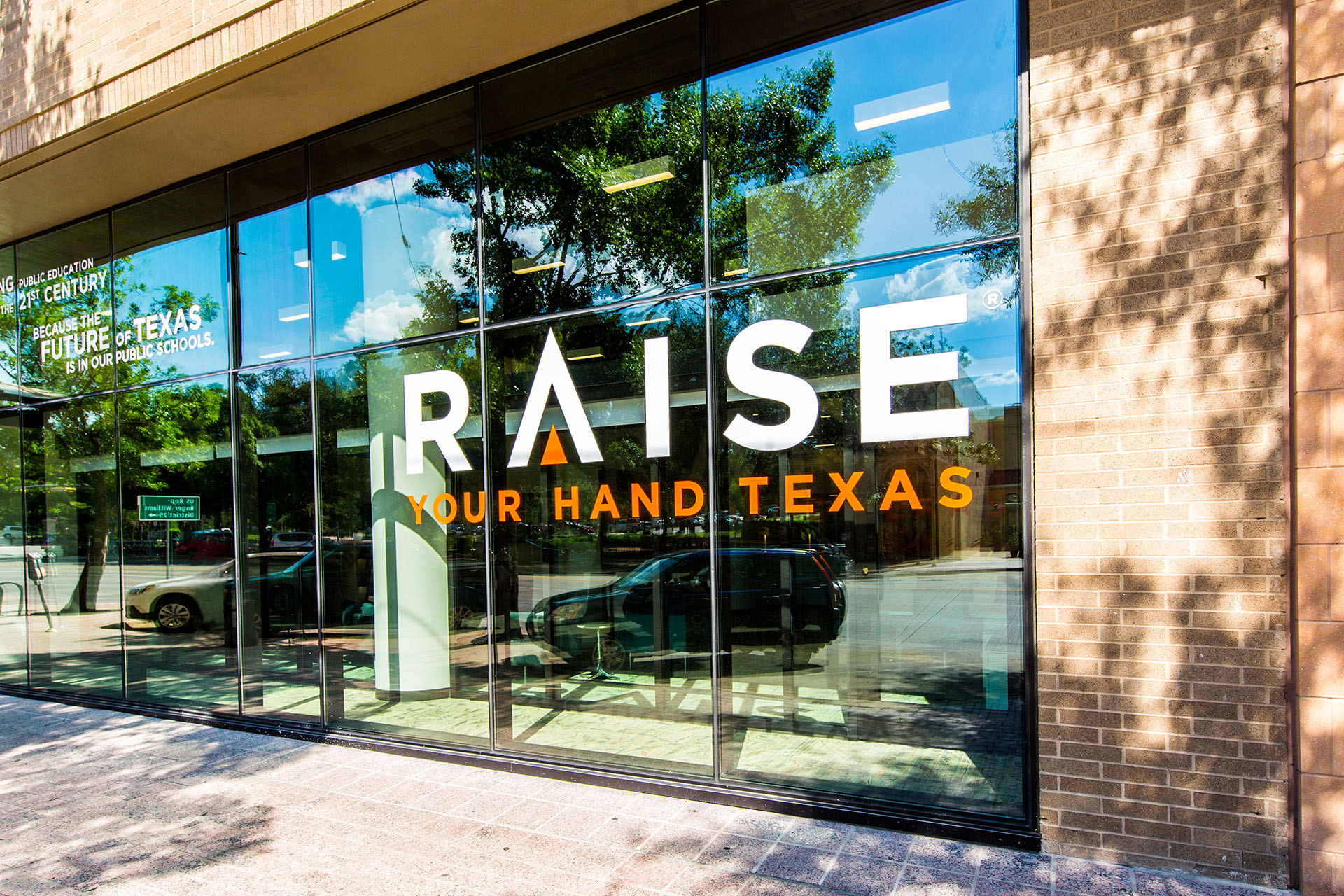
categories
March 30, 2021 Testimony on HB 1468

March 31, 2021
Written Testimony of David Anderson
General Counsel
Raise Your Hand Texas
Before the Texas State House Public Education Committee
The Honorable Harold Dutton, Chair
March 30, 2021
Committee Substitute for House Bill 1468 by Representative Keith Bell
Position: Support
KEY POINTS
- The bill provides funding for remote public school instruction.
- The bill limits funding for remote services to students in a school district’s attendance area, ensuring they can also access in-person services.
Raise Your Hand Texas supports Representative Keith Bell’s Committee Substitute for
House Bill 1468. The bill empowers Texas districts and charters to innovate using
technology in instruction, while creating the right incentives to serve their students
effectively.
The COVID pandemic has challenged our schools to adopt online instruction, in some
cases overnight. While our educators have responded heroically in that time, we still
have a great deal to learn about how to use online services in the student’s best interest.
CSHB 1468 provides funding for remote public school instruction and creates a
thoughtful and responsible structure for those programs.
Most importantly, CSHB 1468 is limited to programs supporting students who would
otherwise — or may also be — served by the same district or charter at a physical
campus. We should not replicate the poor performance of statewide full-time virtual
programs that often enroll students hundreds of miles away. CSHB 1468 is a limited
authorization to flexibly combine in-person and remote learning as best meets a
student’s needs. The key difference is that the district or charter remains responsible for
the student’s education and performance in that community, not at the other end of the
state.
We appreciate that the funding is essentially the same for remote and in-person
instruction. Attendance is taken daily, and a student is considered half or full-time based
on the same course load regardless of whether a student is in a building or served
remotely. There is no financial incentive to prefer remote or in-person, just whatever
combination best meets the student’s needs. This flexibility also supports students
utilizing both in-person and remote services within the same course or grade.
The bill also supports districts and charters cooperatively sharing remote instructional
resources with each other. Because the student remains enrolled in their home district,
that district has appropriate incentives to police the quality of instruction for those
students. Teachers are also protected from being required to teach remotely and
in-person in the same class.
Finally, CSHB 1468 maintains extracurricular activities and other services for a student.
Because the student is enrolled at a physical campus they can attend, in-person
counseling, services for students with disabilities, UIL contests, and other important
community connections can be maintained.
CSHB 1468 empowers our public schools to creatively use remote learning, while
maintaining responsibility for local students and their connection to the community. This
framework is our best option to learn what works.

